New strain of bacteria discovered on China's Tiangong space station. |
Chinese scientists have discovered a new type of bacteria growing on the country's Tiangong space station, according to a new study.
The bacteria, officially named niallia tiangongensis, is a new variant of a previously known terrestrial bacterium and was found on a cabin on the space station.
The discovery was published by researchers from the Shenzhou Aerospace Biotechnology Group and the Beijing Institute of Spacecraft Systems Engineering in the International Journal of Systemic and Evolutionary Microbiology.
Understanding the characteristics of bacteria on long-duration space missions is "essential" to protect astronaut health and maintain spacecraft functionality, the paper said.
The authors add that the new strain has clever adaptations to the harsh space environment – a discovery that could have real-life implications.
For example, according to research, this strain is better able to resist oxidative stress – a condition that leads to cell and tissue damage due to imbalances in the body – and reverse damage caused by radiation.
Deciphering the survival mechanism of this bacterium could help scientists design precise and targeted control strategies for the bacteria – which could then be used in a number of fields, including space technology, agriculture and medicine.
According to China's Manned Space Agency, the Tiangong operation will produce a "rich harvest" of research related to the active substances, genetic resources and metabolic functions of bacteria, and the insights gained in orbit could lead to new applications on Earth.
The work is part of a program called Champ (China Space Station Habitat Microbiome Program), which monitors microbial dynamics during the station's long-term operation, the agency said in a social media post.
The bacteria were collected in May 2023, when the Shenzhou-15 crew was on board the space station.
They spent six months aboard collecting microorganisms from the surfaces of space station modules using sterile wipes, then freezing them and returning them to Earth.
Scientists analyzing the samples used techniques such as genome sequencing and metabolomics to discover the new pattern.
They discovered the bacteria belonged to the genus Niallia in the cytobacillaceae – a family of rod-shaped bacteria – but concluded it was genetically distinct from its closest terrestrial relatives.
Microbial survival in space stations depends on factors such as the interaction of complex conditions such as microgravity, radiation, and confinement.
However, they are not easily killed due to their widespread reputation for strength, resilience, and adaptability to the environment.
Source: https://baoquocte.vn/phat-hien-chung-vi-khuon-moi-tren-tram-vu-tru-thien-cung-cua-trung-quoc-314699.html


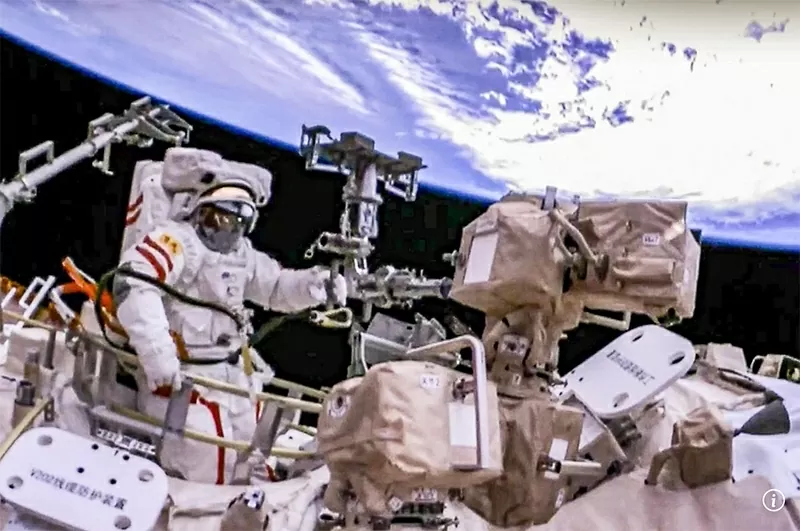
![[Photo] National Assembly Chairman Tran Thanh Man holds talks with President of the Senate of the Czech Republic Milos Vystrcil](/_next/image?url=https%3A%2F%2Fvphoto.vietnam.vn%2Fthumb%2F1200x675%2Fvietnam%2Fresource%2FIMAGE%2F2025%2F11%2F21%2F1763715853195_ndo_br_bnd-6440-jpg.webp&w=3840&q=75)

![[Photo] Visit Hung Yen to admire the "wooden masterpiece" pagoda in the heart of the Northern Delta](/_next/image?url=https%3A%2F%2Fvphoto.vietnam.vn%2Fthumb%2F1200x675%2Fvietnam%2Fresource%2FIMAGE%2F2025%2F11%2F21%2F1763716446000_a1-bnd-8471-1769-jpg.webp&w=3840&q=75)







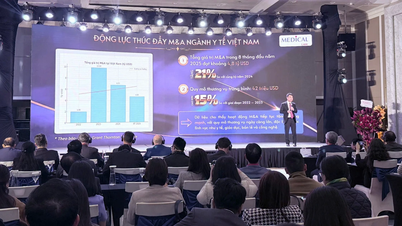



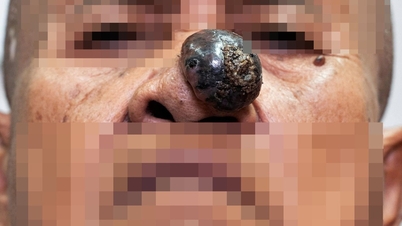

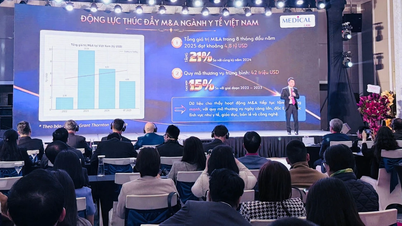







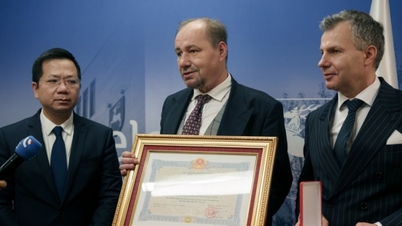












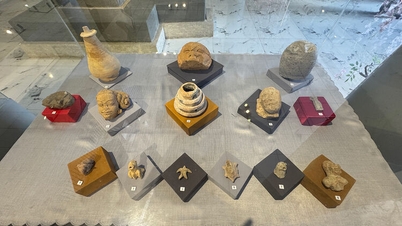








































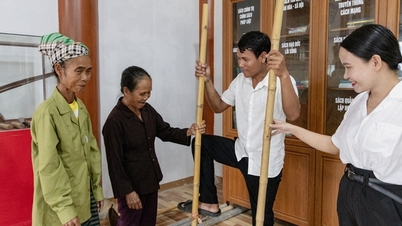
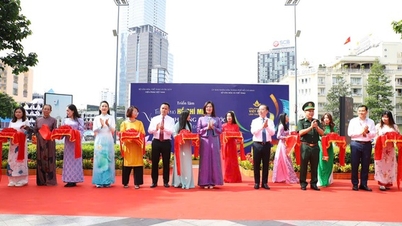
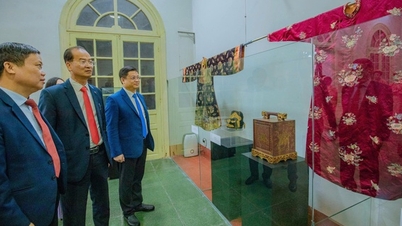
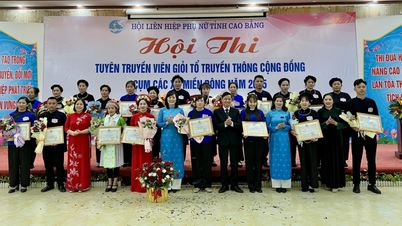

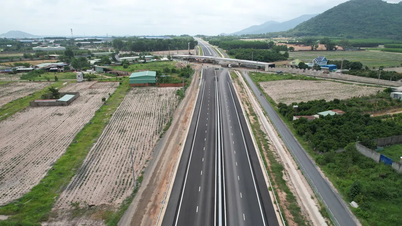



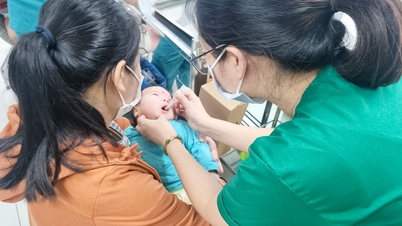














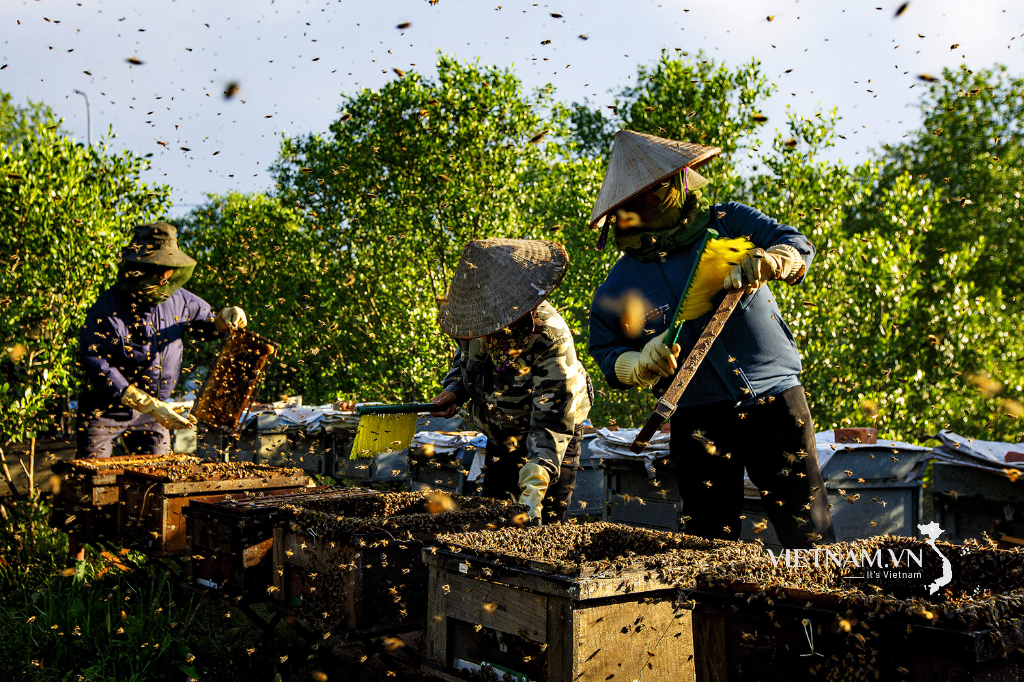

Comment (0)